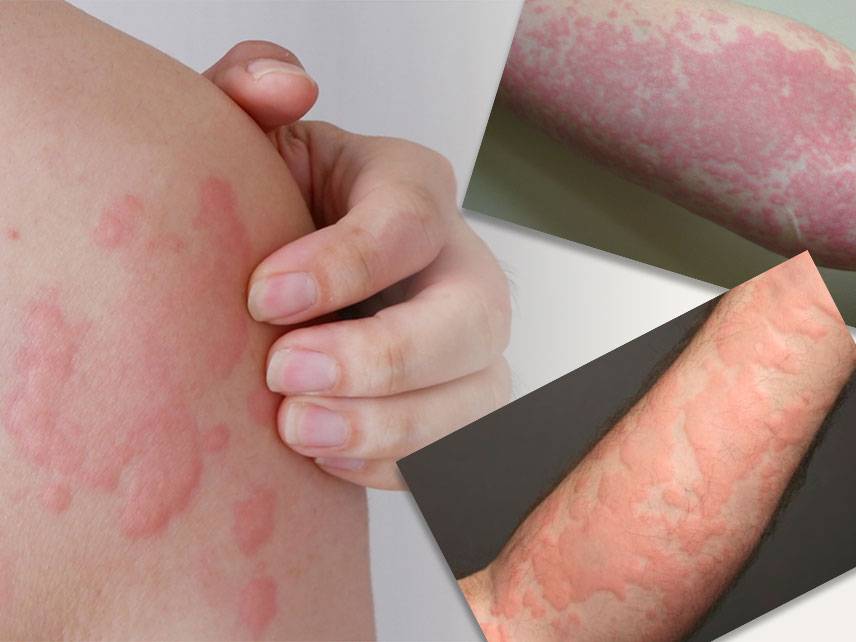
Is urticaria a serious disease? Signs, causes and risk factors
Urticaria, also known as hives, is a common and potentially serious disease. It is characterized by red, itchy welts on the skin that can range in size from a few millimeters to several inches and can last from a few minutes to several hours. The most common cause of urticaria is an allergic reaction to a substance such as food, medicine, or insect bite. Other causes include physical stimuli (such as heat or cold), infection, emotional stress, or an autoimmune disorder.
Signs of urticaria may include red, raised, itchy patches on the skin, swelling of the skin, and a burning sensation. In some cases, urticaria may also cause difficulty breathing and anaphylaxis, a life-threatening allergic reaction.
Risk factors for urticaria include age (it is more common in children and young adults), skin color (light skin is more susceptible), and a history of allergies.
Although urticaria can cause discomfort, it is usually not a serious condition and can be managed with treatment. However, if symptoms become severe, it is important to seek medical attention as soon as possible.




